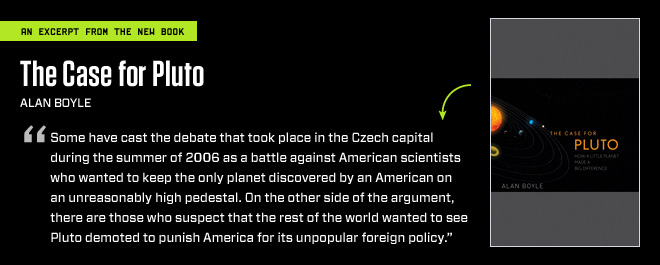
(Image source: Wired Magazine)
If we teach as if everything we know is written in stone, our students will end up with the impression that knowledge is something static and unchanging, which is demonstrably false. A professor I had told me once, "Something is true when everyone stops complaining that it isn’t true." A corollary of this is that there are a lot of things which we assume to be true but which probably have some controversy associated with them.
Teach the controversy. Have rich conversations about why the controversy exists, and what each sides’ perspectives on the controversy is and what evidence supports their perspective, even for something as contentious as evolution. If we ignore the controversy, even when we don’t necessarily agree with some of the perspectives of it, we allow some of our students’ unspoken counter-arguments to remain hidden, and they will have little opportunity to make an informed and education decision for themselves.
Neil Postman gave a terrific talk on "Bullshit and the Art of Crap Detection" for which I recommend reading the transcript. He doesn’t have any solutions for the issue he brings up, but I believe that teaching controversy and asking students to present evidence that supports each side of the controversy is one of the best ways of giving thinking tools to students so that they can be armed with their very own crap detectors.
If I can’t provide evidence that something is true, it may be crap (corollary: the last sentence of the previous paragraph might be crap). What do you think?.